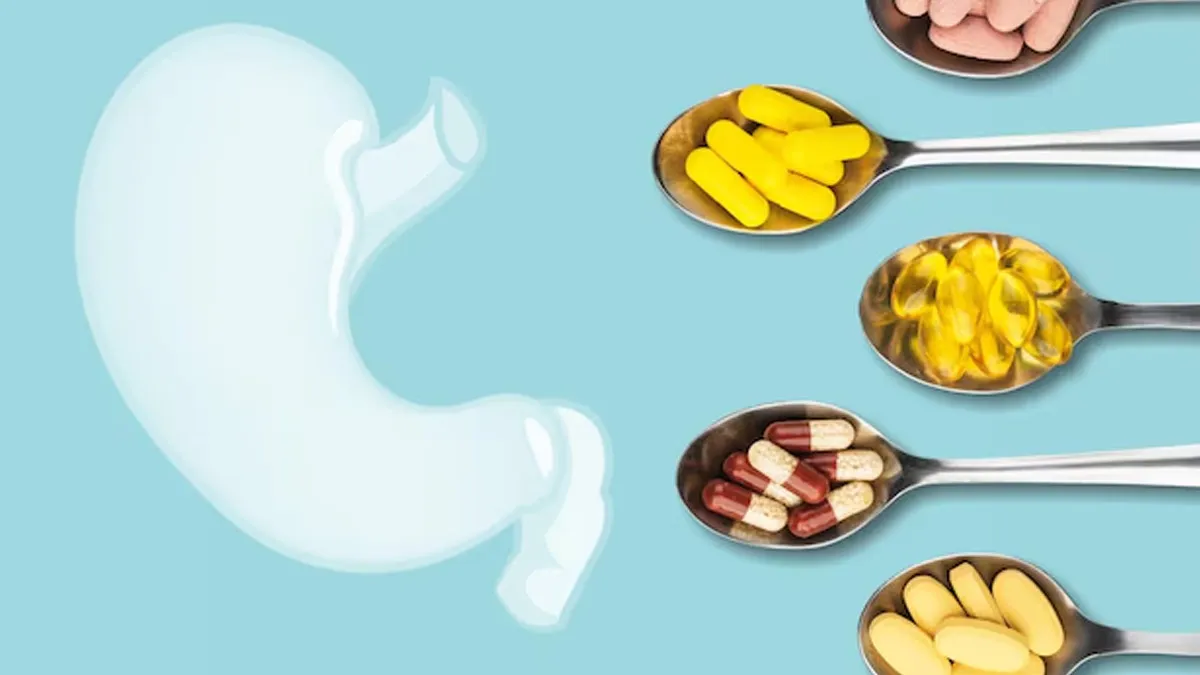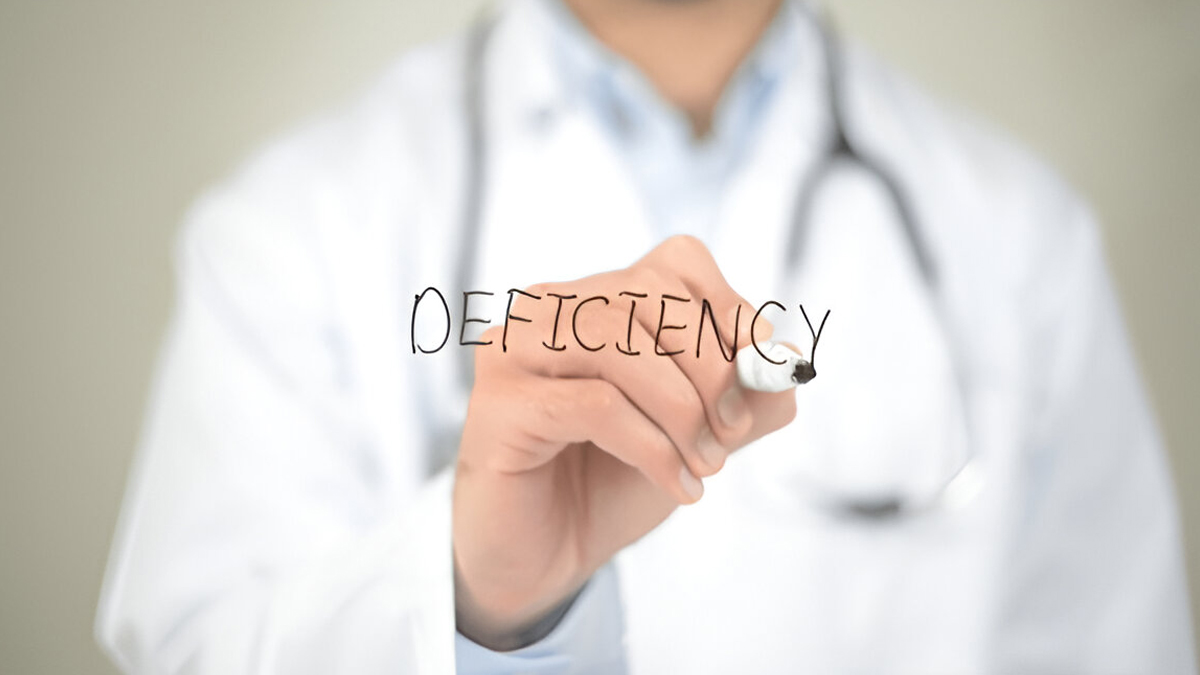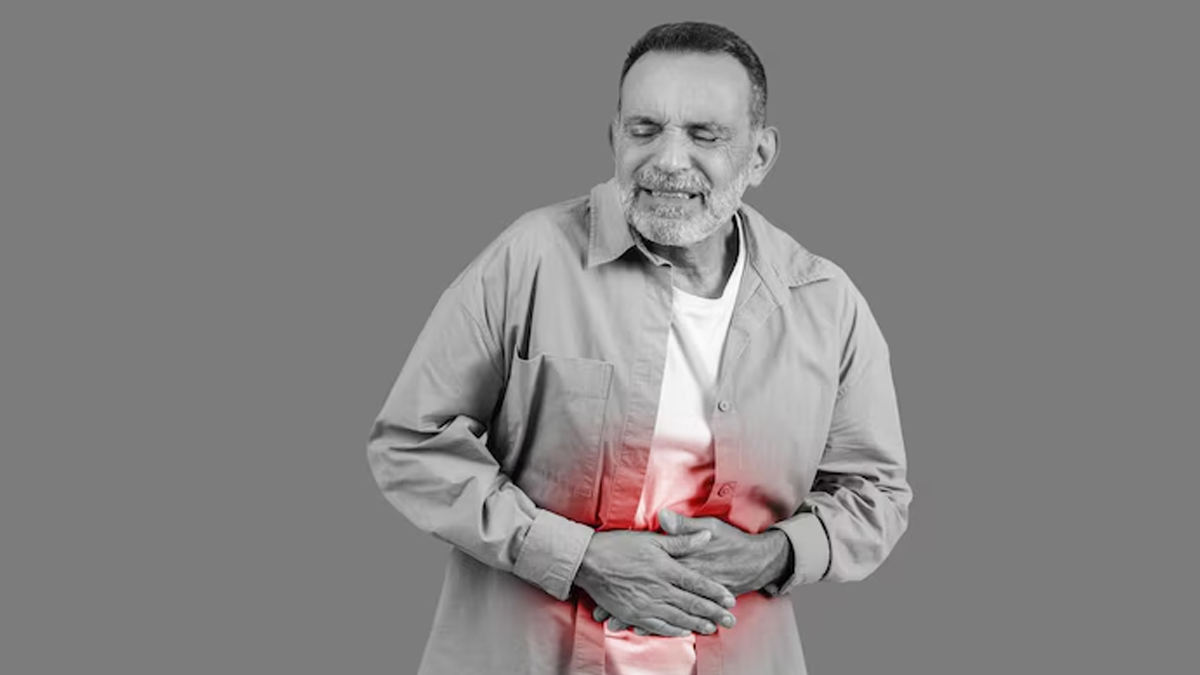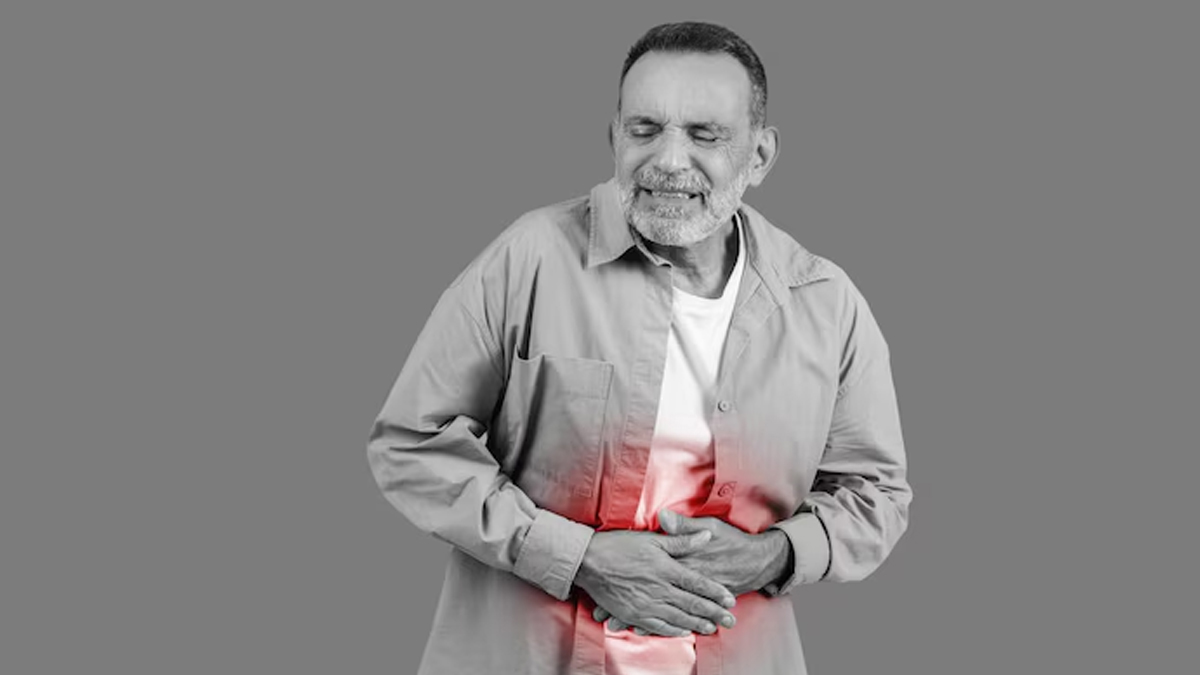
When we think of vitamins, we often link them to stronger immunity, healthy skin, or sharper eyesight. But did you know that vitamin A also plays a crucial role in keeping your stomach healthy and may even reduce the risk of gastric cancer?
Table of Content:-
Dr Parveen Jain, Senior Consultant and HOD - Oncology, Aakash Healthcare, Delhi, explains how vitamin A supports stomach health, its link with gastric cancer, and the best dietary sources to include in your meals.
Also Read: Can a Vegetarian Diet Cut Your Cancer Risk Up to 45%? Here Is What New Study Claims
Why Vitamin A Matters For The Stomach

Vitamin A is more than just a nutrient; it is a protector of the stomach lining.
“Vitamin A is important in maintaining normal integrity of the gastric mucosa, which is the guarding lining of the stomach. It supplies the growth and repair of the epithelial cells, which form a durable barrier to noxious organisms and irritants,” says Dr Jain.
This means vitamin A helps strengthen the stomach’s defence system, ensuring harmful bacteria and irritants don’t easily damage it. Its antioxidant properties also help fight free radicals, reducing oxidative stress and inflammation.
According to Dr Jain, sufficient amounts of Vitamin A can also boost immune responses, thus preventing infections such as H. pylori, which can cause the stomach lining to rupture, causing ailments like gastritis or ulcers.”
Can Vitamin A Deficiency Lead To Gastric Cancer?

While occasional low intake might not cause major issues, sustained vitamin A deficiency can have long-term consequences.
Dr Jain explains, “Sustained vitamin A deficiency could promote the risk of gastric cancer. Deficiency interferes with the process of mucosal repair and decreases antioxidant defences, which increases oxidative stress and chronic inflammation. This condition favours DNA damage and abnormal cell division, which are important contributors to gastric cancer.”
In addition, vitamin A deficiency worsens infections such as H. pylori—one of the strongest known risk factors for gastric cancer. Over time, this creates a perfect storm for stomach damage and disease progression.
A 2007 study published in the American Journal of Clinical Nutrition concluded that high intakes of vitamin A along with retinol and provitamin A carotenoids may reduce the risk of gastric cancer.
Best Food Sources Of Vitamin A
The good news is vitamin A is abundant in everyday foods. Dr Jain recommends a balanced mix of animal-based and plant-based sources.
| Animal-based (preformed Vitamin A/retinol) | Plant-based (beta-carotene) |
| Liver, fatty fish like salmon and mackerel, eggs, and dairy products such as cheese and yoghurt | Carrots, sweet potatoes, spinach, kale, pumpkin, and mangoes |
“Eating a mix of these foods in a diet will provide sufficient intake. Vegetables and fruits are especially helpful, as they not only contain these elements but also antioxidants and fibre, which help to maintain your complete digestion and lower the chance of disease related to the stomach,” says Dr Jain.
Should You Take Vitamin A Supplements?

In today’s busy lifestyle, many people turn to supplements. But are they better than food sources?
Dr Jain advises caution: “Vitamin A is normally taken as natural products such as fruits, vegetables and animal products rather than supplements. Whole foods contain beta-carotene and other nutrients which operate synergistically to bring down the trigger of oxidative stress and inflammation. Supplements can radically improve a deficiency, but in a large dose can be toxic. Until deficiency is established, it is safer and more effective to maintain the health of the stomach and reduce cancer risks using dietary sources.”
Who Is At Higher Risk Of Deficiency And Stomach Cancer?
Not everyone is equally vulnerable. According to Dr Jain, the following groups are at higher risk:
- People with poor diets lacking fruits, vegetables, or animal products.
- Individuals with malabsorptive conditions such as coeliac disease or Crohn’s disease.
- Chronic alcohol consumers who may struggle with nutrient absorption.
- People infected with H. pylori or those with a family history of gastric cancer.
“The groups are at high risk of gastric cancer as a result of poor mucosal defence and inflammatory suppression caused by deficiency,” Dr Jain notes.
Conclusion
Vitamin A isn’t just about eyesight; it also silently protects your stomach health. From supporting mucosal repair to reducing cancer risk, its role cannot be underestimated. Including vitamin A-rich foods in your daily diet is one of the simplest and most effective ways to protect your stomach in the long run. Remember, natural food sources are always better than supplements unless a deficiency is medically confirmed.
Also watch this video
How we keep this article up to date:
We work with experts and keep a close eye on the latest in health and wellness. Whenever there is a new research or helpful information, we update our articles with accurate and useful advice.
Current Version
Sep 19, 2025 20:00 IST
Published By : Tenzin Chodon
